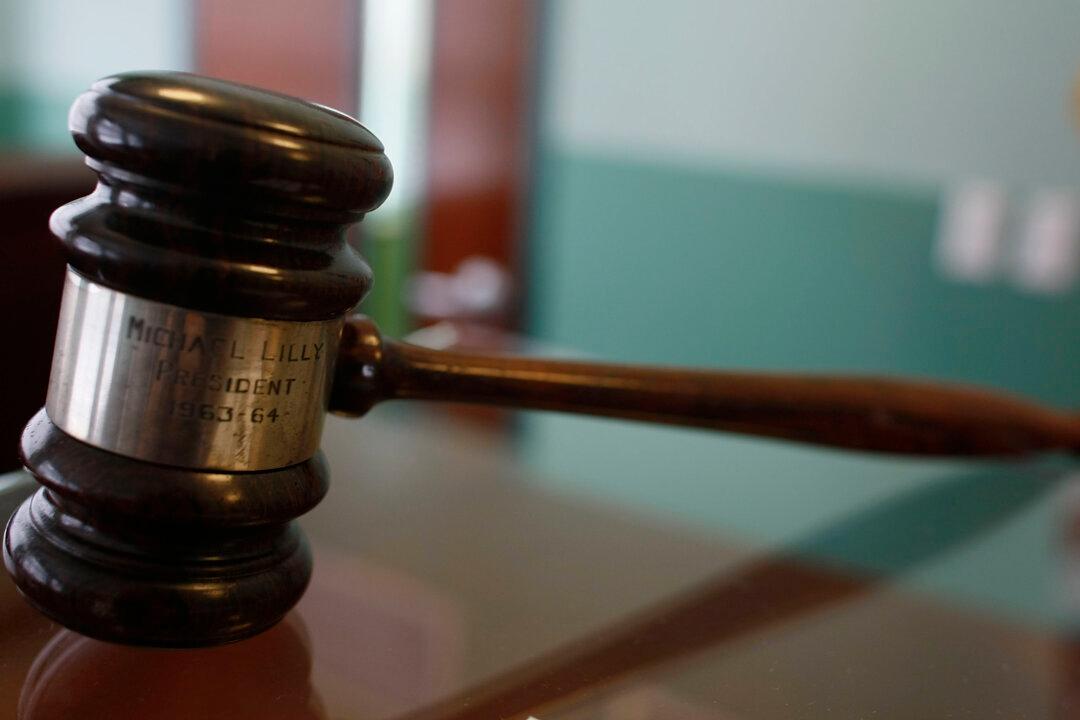A federal judge has struck down a nearly 150-year-old North Carolina law prohibiting felons from voting.
The law, enacted in 1877, had made it a new felony offense for “any person convicted of a crime which excludes the person from the right of suffrage, to vote at any primary or election without having been restored to the right of citizenship.”





